GCC hails Iran-Saudi normalization, says willing to hold ‘deep talks’ with Tehran
The Persian Gulf Cooperation Council (GCC) says the normalization of relations between Iran and Saudi Arabia has contributed to the region’s stability, expressing willingness to engage in serious discussions with the Islamic Republic.
Jasem Mohamed al-Budaiwi, the secretary general of the GCC, made the statement in an interview with the Qatar-based Al Jazeera network's Arabic service on Wednesday.
Budaiwi said the entire Persian Gulf countries have welcomed the normalization process between Saudi Arabia and Iran as Riyadh-Tehran ties can contribute to the stability of the region.
"We are willing to hold deep talks with Iran within international conventions," the GCC’s secretary general underlined.
Pointing to the economic woes facing Arab countries in the Persian Gulf region, Budaiwi described the economic issue as the “biggest and most important challenge” for the littoral states.
"We are working on completing some elements to reach economic integration," he said, adding, “There is a conscious will among Persian Gulf leaders to achieve this goal.”
On March 10, after several days of intensive negotiations hosted by China, Iran and Saudi Arabia agreed to restore diplomatic ties and reopen embassies seven years after their relations were severed.
In a joint statement after signing the agreement, Tehran and Riyadh highlighted the need to respect each others’ national sovereignty and refrain from interfering in the internal affairs of one another.
They agreed to implement a security cooperation agreement signed in April 2001 and another accord reached in May 1998 to boost economic, commercial, investment, technical, scientific, cultural, sports, and youth affairs cooperation.
The meeting between Iranian Foreign Minister Hossein Amir-Abdollahian and his Saudi counterpart Prince Faisal bin Farhan Al Saud on April 6 marked the first such meeting in seven years and emphasized the need to implement the China-brokered agreement.
Iran appointed Alireza Enayati as the Iranian envoy to Riyadh in May. Enayati had previously served as Iran’s ambassador to Kuwait, assistant to the foreign minister and director-general of Persian Gulf affairs at the Foreign Ministry.
On May 11, Iran's foreign minister announced that Saudi Arabia had appointed a new ambassador to Tehran, in line with the China-brokered March agreement between the two countries to revive relations.
Diplomatic relations were severed by Saudi Arabia in January 2016, after Iranian protesters, angered by the execution of prominent Shia cleric Sheikh Nimr Baqir al-Nimr by the Saudi government, stormed its embassy in Tehran.
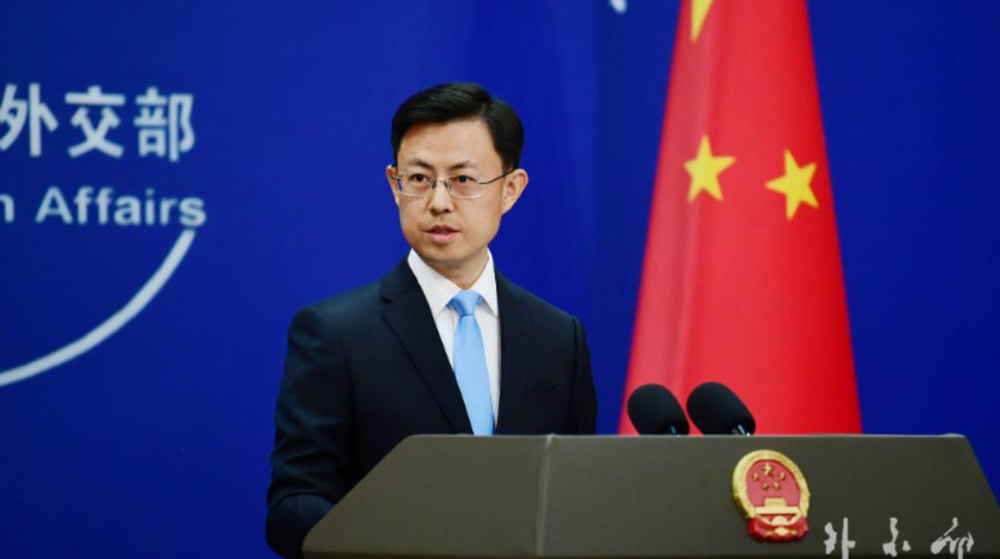
China says expects ‘in-depth’ talks during Iran foreign minister’s visit
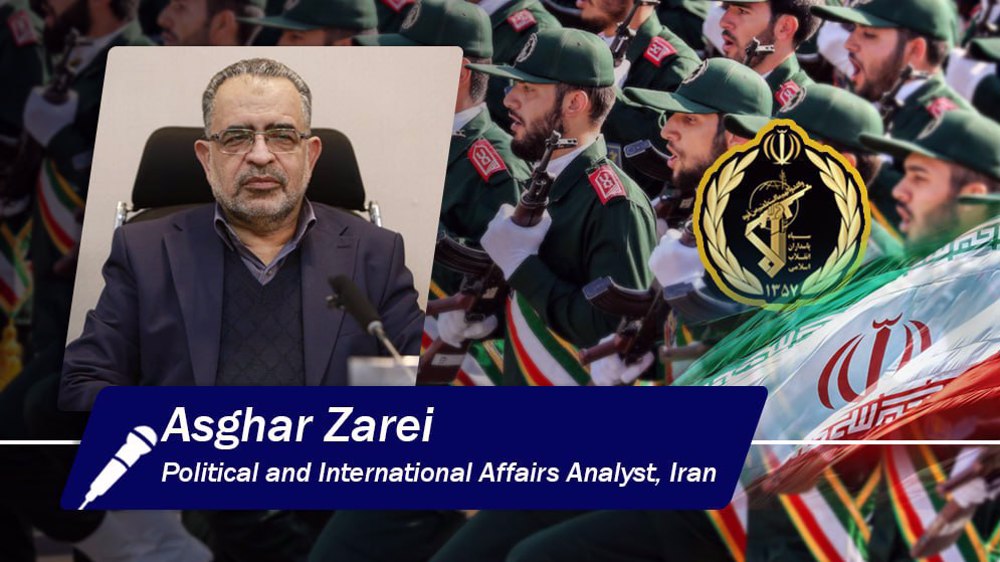
IRGC a thorn in the side of enemies; no power dares to threaten Iran: Analyst
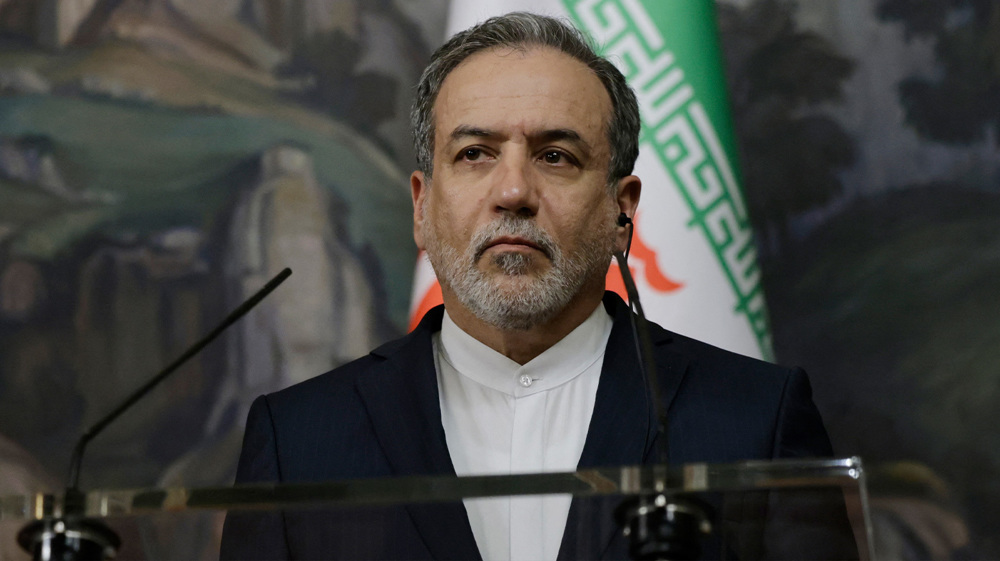
Certain groups manipulating Iran-US talks, goading US into making ‘maximalist demands’: FM
Iran’s annual dairy export doubles to nearly $1 billion
VIDEO | Press TV's news headlines
US sanctions Iranian businessman, his company amid nuclear talks
Hezbollah urges Lebanese govt. to act after Hamas-allied leader assassinated
VIDEO | Heavy equipment needed to clear rubble destroyed in Israeli strike
Hamas urges global strikes, sit-ins to end Israel’s genocide in Gaza
VIDEO | South Koreans push back on Trump tariffs
UNRWA: Gaza ‘land of desperation’ after 50 days of total Israeli siege


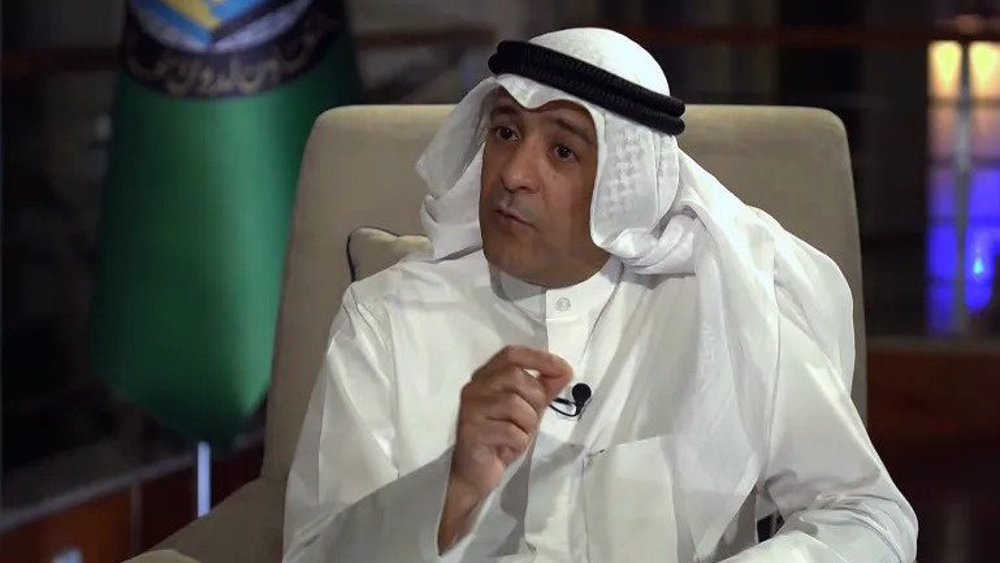
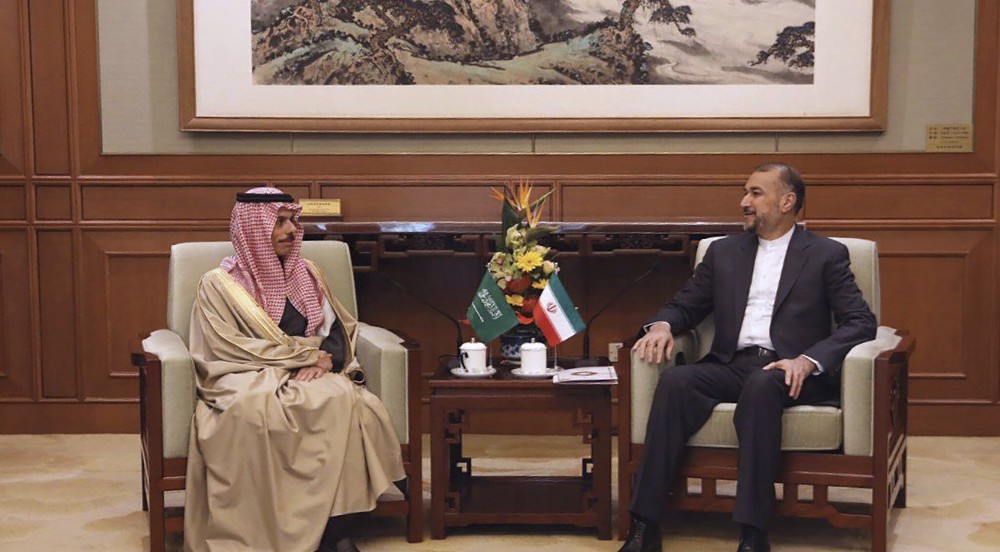




 This makes it easy to access the Press TV website
This makes it easy to access the Press TV website